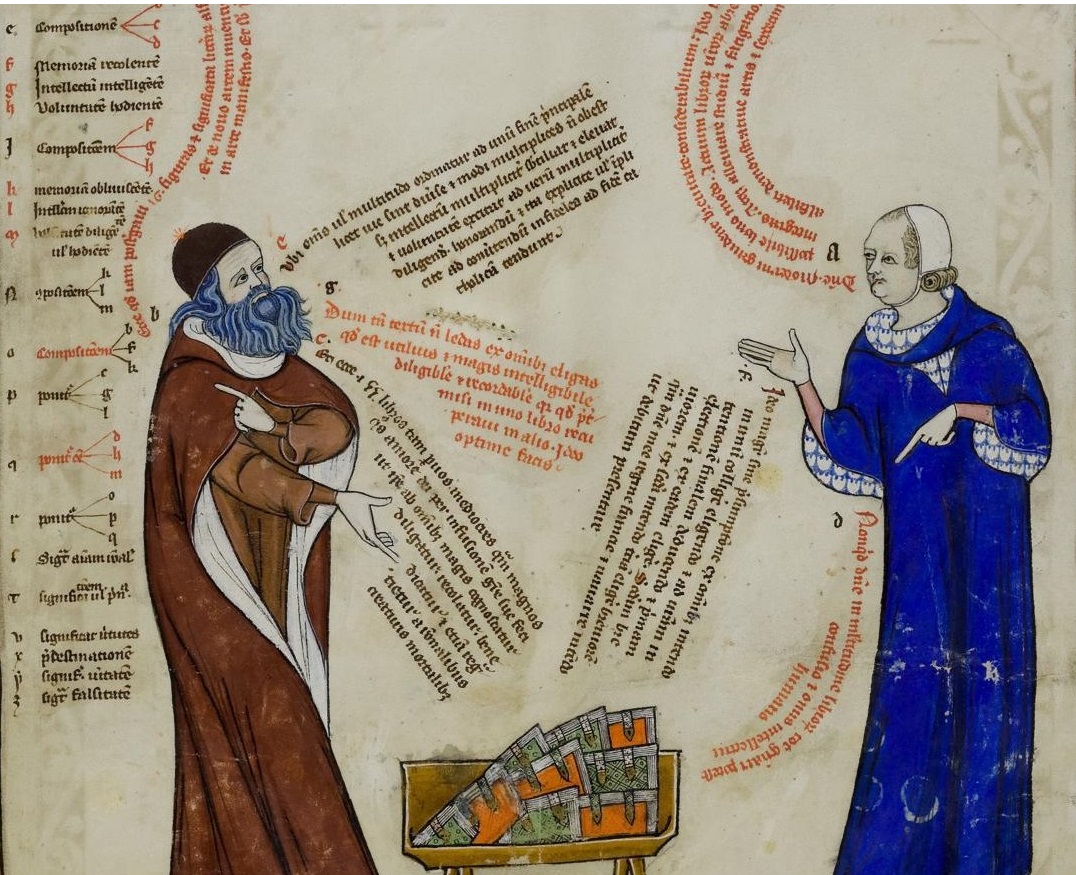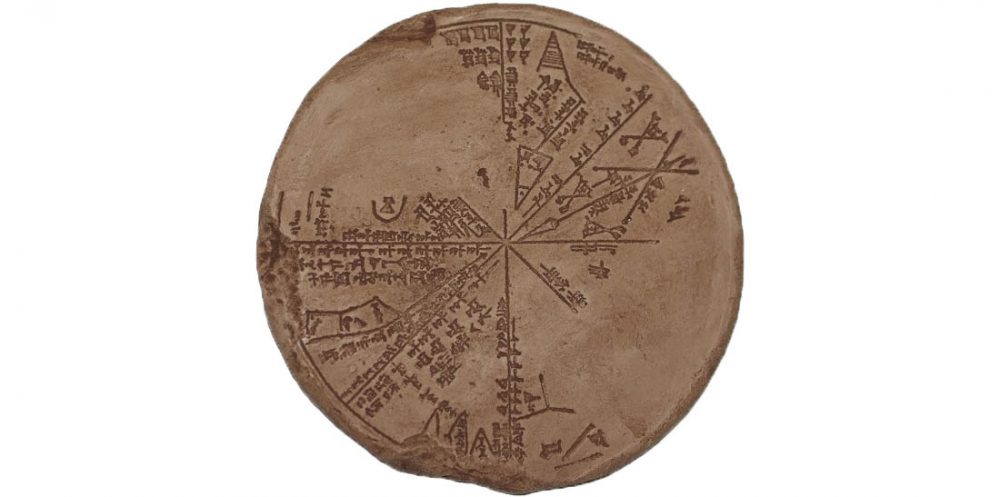
What Did Ancient Languages Sound Like?
Students who enroll in their first Latin course – or maybe find themselves placed there quite against their will – begin their studies with a survey of the alphabet. They are often surprised to find that lowercase letters were unknown to the Romans and are even astonished that ancient texts made little use of punctuation and word division. Quickly, however, they move on to more practical matters, and learn that the letter C is always “hard” (like English K) and that the letter V is pronounced not like English V but English W. This process is more involved in an introductory Greek course, but not as daunting as it first seems.
Once those basics are in place, students spend their time acquiring new vocabulary and navigating a labyrinth of inflectional endings in order to improve their written translations. They might wonder why, outside school, their priest seems to violate what they learned about the letter V in Latin class, or why their Greek professor pronounces the letter Φ as a fricative f-sound when the textbook explains otherwise. But few people, even those who go on to become professional Classicists, spend much time thinking about pronunciation.
How exactly do we know what ancient languages sounded like? We have no audio recordings after all. The question is not so simple. Consider what English sounds like. Not only did it sound different in the 16th century than it does today, but it sounds different in New Zealand than it does in Ireland, and different in Brooklyn than in Atlanta or almost any other US city. Two friends from the same small town might pronounce a word such as aunt differently, and even the same person might sound different when reciting a poem in class than they do when hanging out with friends on the weekend. This was true for ancient languages as well, even if the many of the finer details are lost to us.
/https://public-media.si-cdn.com/filer/a3/17/a31738aa-3394-4f35-b77c-cf537f6fb17c/gettyimages-579860044_web.jpg)

/https://public-media.si-cdn.com/filer/9f/61/9f610676-9962-4627-ae89-bf59fc6cb735/lod_mosaic_lower_register_web.jpg)




















.png)


